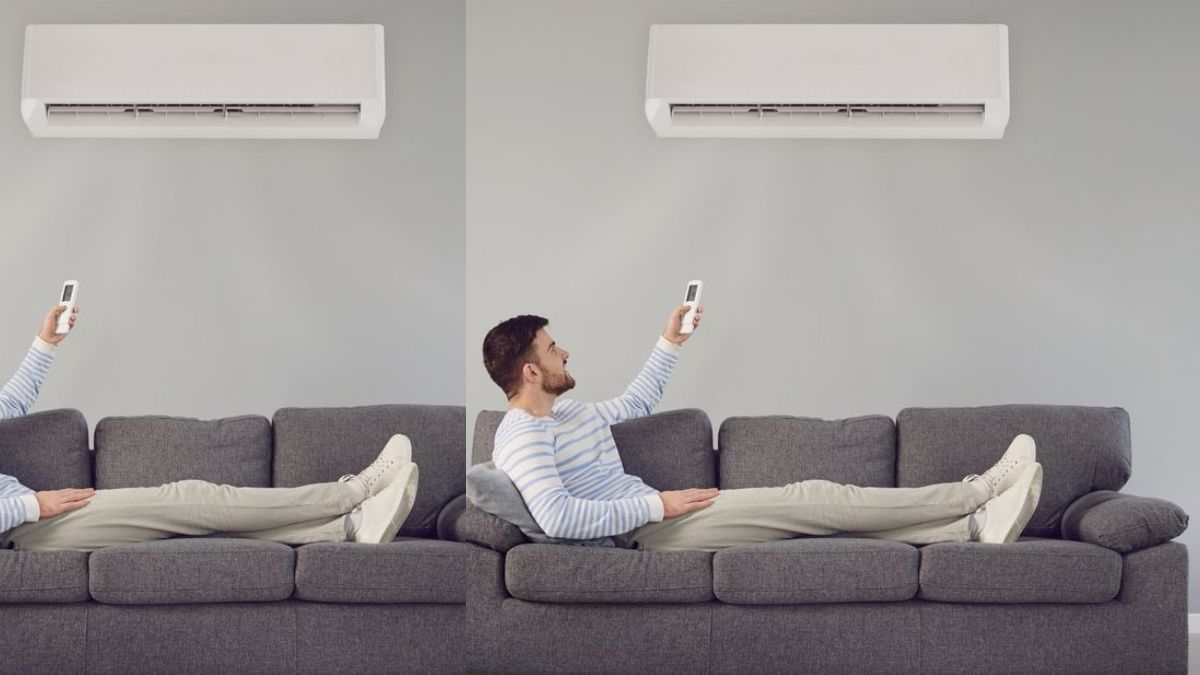As the summer heat intensifies, the affordability of air conditioning becomes a critical issue, especially for lower-income families grappling with rising electricity costs. A recent report highlights a troubling trend: as global warming worsens, the cost of staying cool is becoming prohibitively expensive for many.

Rising Summer Electric Bills Linked to Climate Change
According to a report by a group of state energy officials, the average electric bill in the U.S. is expected to surge to $720 this summer—a staggering increase of over 50% compared to 2014. This rise is attributed primarily to the longer and hotter summers caused by climate change, which are pushing households to use air conditioning more frequently.
“In the mid-Atlantic and Pacific Coast, electric bills are expected to increase by 12% this year alone,” the report states, underscoring the financial strain many Americans are experiencing.
Mark Wolfe, executive director of the National Energy Assistance Directors Association, emphasized the relentless upward trend in energy use. “Usage is going up. This is not going to change… unless something is done about rising temperatures,” Wolfe stated.
Your comfort matters to us. Experience the blend of comfort, affordability, and energy efficiency with Goodman SD. Find more information at: https://t.co/88aHg5RYwv pic.twitter.com/N8pY3kO6dR
— Goodman Air Conditioning & Heating (@Goodman_Mfg) June 7, 2024
The Disproportionate Impact on Low-Income Households
The situation is particularly dire for low-income families. After enduring high heating costs during the winter, many of these households are already financially stretched thin. “Many low-income households are in difficult financial conditions after rising of heating costs this winter,” Wolfe explained. The association estimates that there are currently 21 million households that are behind on their energy bills, accumulating $20 billion in overdue payments.
For some, the fear of exorbitant bills leads them to avoid using air conditioning altogether. “Some households have air conditioning but won’t turn it on because they’re afraid of the bill,” Wolfe revealed. This decision, though economically driven, can have severe health implications during the rising of heat periods.

Legislative and Regulatory Challenges
Efforts to protect vulnerable populations from power disconnections during extreme heat have seen limited success. While most states have regulations against disconnecting power during cold weather, only 17 states extend these protections into the hot weather months. States like Alabama, Florida, New York, North Carolina, and Pennsylvania still allow disconnections during heat waves, which can pose serious risks to residents’ health and well-being.
“Shutoff rules go back 30, 40 years before we’ve had continuous heat waves. We’re in a very different environment,” Wolfe argued, pushing for more robust protections. He suggested that state utility commissions could prohibit hot-weather disconnections, and utilities could voluntarily agree to such measures.
Furthermore, Wolfe pointed out the stalled efforts in Congress to mandate protections against utility disconnections during hot weather, primarily due to opposition from electric utilities.

Addressing Low-Income Energy Needs: Urgent Call for Federal Funding
The association is advocating for more federal funding for programs that assist low-income households with their energy bills and improve home energy efficiency. Despite the critical need, federal support through the Low Income Home Energy Assistance Program (LIHEAP) remains insufficient. “We’re woefully under-prepared in terms of money to help families,” Wolfe lamented, noting that while the program received $4.1 billion this year, it is still below the funding levels during the Covid-19 pandemic.
As the climate crisis deepens, the challenges of cooling homes affordably are set to escalate, highlighting the need for immediate and sustained action to support the most vulnerable populations. Without significant intervention, rising summer heat will continue to pose not just a discomfort, but a serious financial and health risk to millions.









